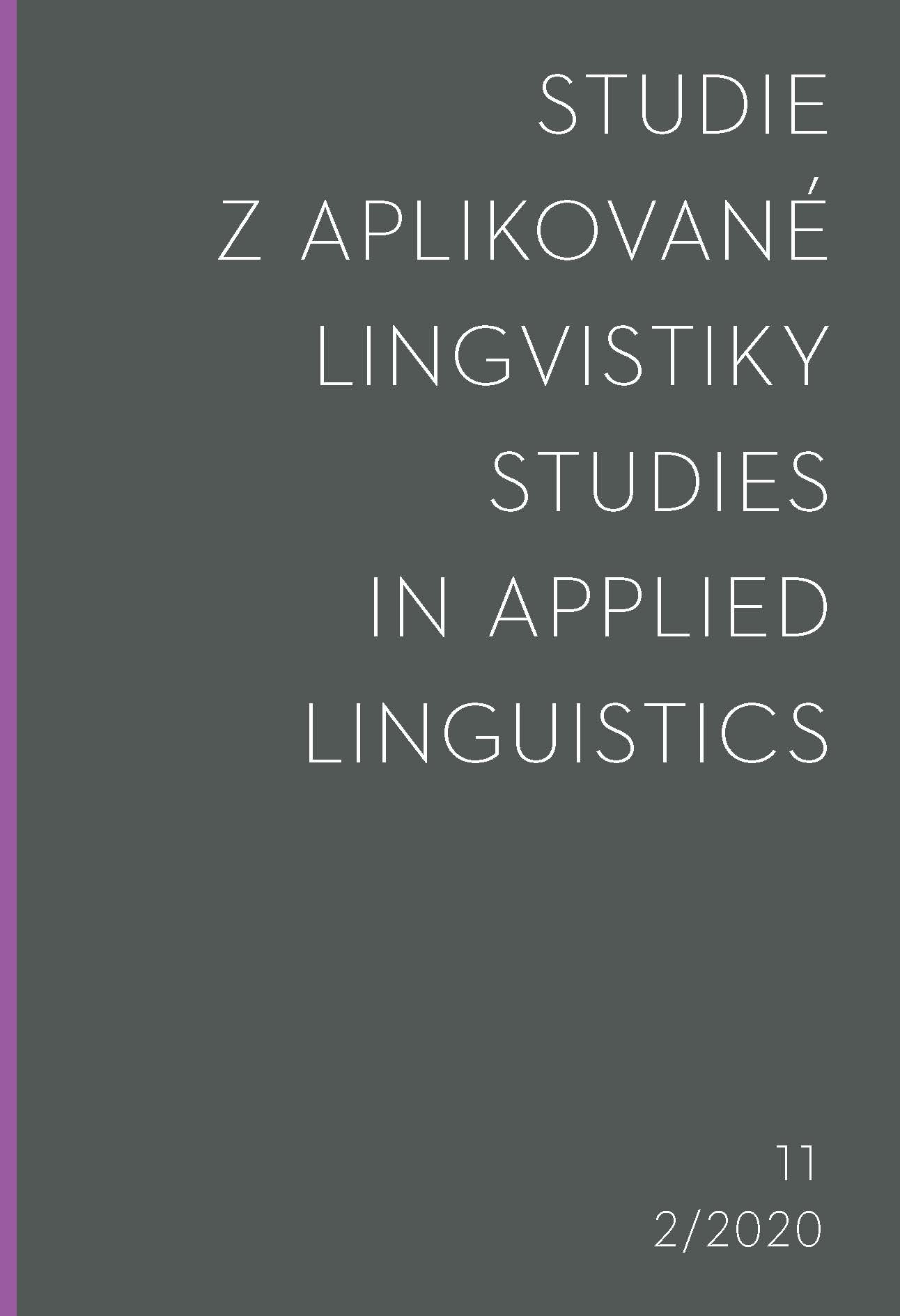Bilingvismus u dítěte s Downovým syndromem
Bilingualism in a child with Down syndrome
Author(s): Kamila HomolkováSubject(s): Language studies
Published by: Univerzita Karlova v Praze - Filozofická fakulta, Vydavatelství
Keywords: bilingualism; Down syndrome; mental disorder;verbal communication;
Summary/Abstract: Currently, a half of the world population grows up in an environment with more than one spoken language, so the research on bilingualism has been quite extensive. However, just few of the studies are focused on individuals with communication disabilities or intellectual disorders, who acquire their mother (and other) tongues with more difficulty and slower. This contribution presents a case report on early verbal communication development of a four-year-old child with Down syndrome growing up in a bilingual Czech-German environment. This research was conducted mainly through longitudinal observation and video recording of the same activities, preferably at home, at the age of 24 to 48 months. To understand language exposure and language dominancy, the speech environment questionnaire (specifically the Beirut-Tours Questionnaire) was used. It shows that bilingualism could be beneficial for these individuals and it is not detrimental to their language acquisition. The key factors for a good acquisition of both (or more) languages are language exposure, intensity of contact with the languages, and good speech therapy, preferably in both languages.
Journal: Studie z aplikované lingvistiky
- Issue Year: 11/2020
- Issue No: 2
- Page Range: 7-15
- Page Count: 9
- Language: Czech

